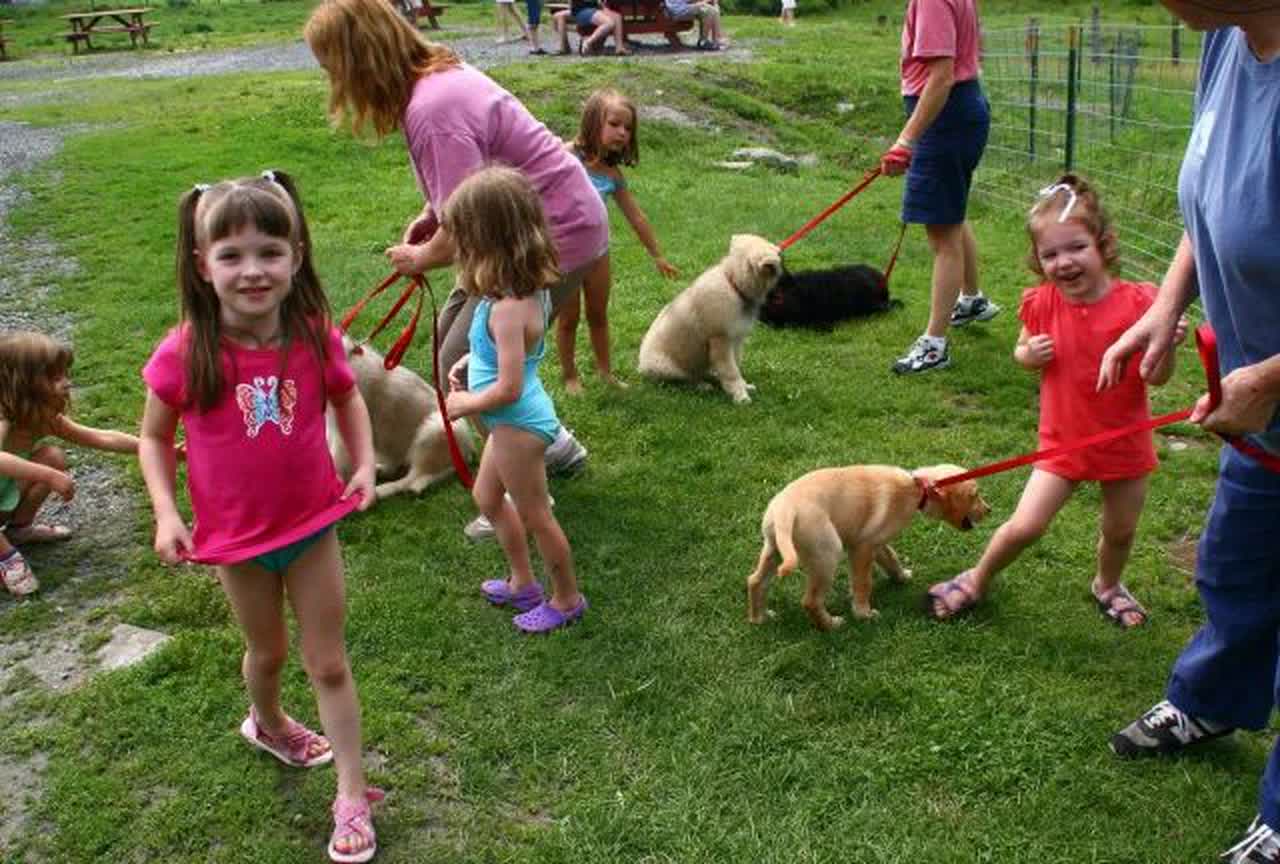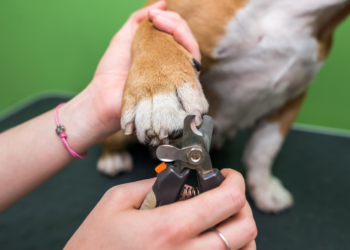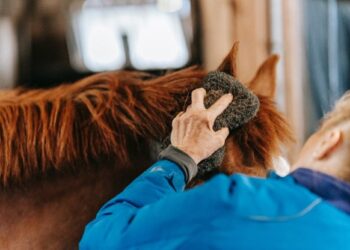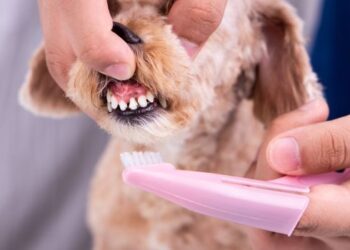Socializing your puppy is crucial for raising a happy, healthy, and well-behaved dog. Engaging your dog with other humans and puppies helps them build their confidence and builds positive associations with people, other animals, and new environments.
Dogs raised with an emphasis on socialization have less chances of developing behavioral issues, including aggression and anxiety, which can lead to dangerous situations like dog bites. Here are some key benefits to socializing your puppy and some tips on making this process easier.
What is Puppy Socialization?
Puppies are socializing when they are exposed to a wide range of novel experiences, sounds, textures, people, and animals from an early age. These experiences should be introduced in a positive, low-stress, and well controlled manner so the puppy can learn how to respond to different situations without being anxious or scared.
The socialization phase for a puppy is when they are 3 to 12 weeks old. During this time period, dog’s brains are primed to quickly learn what is safe and unsafe with lifelong effects. Social behavior patterns are largely formed as they explore their curiosity by interacting their surroundings.
Puppies should be rewarded for their efforts to approach and engage with others to prevent fearfulness as they grow up.
An adequately socialized and conditioned puppy will become a well-adjusted and confident dog. When exposed to potentially stressful situations, a well-socialized dog is less likely to respond with fear, anxiousness, and aggression, which can lead to dangerous situations such as dog bites.
The owner is responsible for controlling their dog and can be held liable for any injuries it causes.
Read more about it here.
It’s imperative to raise a puppy with healthy socialization skills, not only for safety, but for their happiness as well.
Tips and Tricks to Socialize Your Puppy
Start Early
As mentioned previously, the critical socialization period for puppies is between 3-12 weeks of age. It’s essential to start the process within this key period.
Gradual Exposure
When exposing a dog to new situations, it’s important to do so slowly. Introduce them one at a time and in a controlled manner to ensure their comfort.
Positive Reinforcement
Puppies should be rewarded for their good behavior. They should receive a treat, a toy, or even verbal praise when they exhibit good behavior. This will encourage your puppy to associate positive feelings with new experiences.
Consistency
When socializing your puppy, do so on a consistent schedule. Expose them to socialization opportunities regularly to constantly reinforce positive associations.
Monitor Progress
Owners should keep an eye on their puppy’s progress. Pay attention to areas that need more effort to ensure proper socialization and practice areas of improvement regularly.
Raising a puppy under ideal socialization conditions takes time and effort, but the benefits are well worth it. A well-socialized dog is more confident, less likely to react with aggression, and can be introduced to new experiences stress-free. Owners that socialize their puppy are giving their companion the best start in life and setting them up for a lifetime of healthy habits.
In conclusion, socializing your puppy is essential to raising a happy and well-behaved dog. Exposing your puppy to a wide range of experiences in a positive environment will help them build confidence and establish positive connections that will last a lifetime.
They are less likely to develop behavioral issues which can lead to dangerous situations, like dog bites. By following these tips and tricks, you can make the process of socializing your puppy easy and effective and ensure your dog is a happy member of your family.










